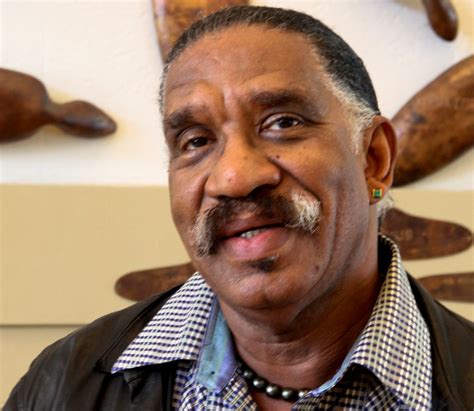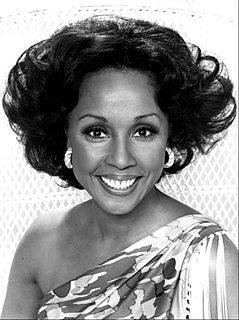A Quote by Shaun King
There is a movement we call Afro-Futurism, where we imagine a black way of life free of white supremacy and bigotry. 'Black Panther,' I think, is the first blockbuster film centered in the ethos of Afro-Futurism, where the writers and directors and makeup and wardrobe team all imagined a beautiful, thriving black Africa without colonialism.
Related Quotes
The Organization of Afro-American Unity was an organization that was a secular group. It largely consisted of people that we would later call several years later Black Powerites, Black nationalists, progressives coming out of the Black freedom struggle, the northern students' movement, people - students, young people, professionals, workers, who were dedicated to Black activism and militancy, but outside of the context of Islam.
The lesson this teaches and which every Afro-American should ponder well, is that a Winchester rifle should have a place of honor in every black home, and it should be used for that protection which the law refuses to give. When the white man who is always the aggressor knows he runs as great a risk of biting the dust every time his Afro-American victim does, he will have greater respect for Afro-American life. The more the Afro-American yields and cringes and begs, the more he has to do so, the more he is insulted, outraged and lynched.
…“white supremacy” is a much more useful term for understanding the complicity of people of color in upholding and maintaining racial hierarchies that do not involve force (i.e slavery, apartheid) than the term “internalized racism”- a term most often used to suggest that black people have absorbed negative feelings and attitudes about blackness. The term “white supremacy” enables us to recognize not only that black people are socialized to embody the values and attitudes of white supremacy, but we can exercise “white supremacist control” over other black people.
When I have my Afro and walk down the street, there's no doubt that I'm black. With this [straightened] hair, if I talk about being black on air, viewers write and say, "You're black?!" I feel [straightening your hair] is giving up a sense of your identity. Let's be honest: It's an effort to look Anglo-Saxon.
I didn't play the Ghost Rider in the first movie. That was a stuntman. In this film, the Ghost Rider feels much more alive because I did put some thought into how he should walk and into how he should move. I was so into the character, in fact, that I would paint my face with white and black makeup to look like a skull. And I put on blacked-out contact lenses, so I almost looked like an Afro-New Orleanian voodoo icon by the name of Baron Samedi. Oh man, I would walk around the set without saying a word to anybody, and I could see the fear in my co-stars' and co-directors' eyes.
Black males who refuse categorization are rare, for the price of visibility in the contemporary world of white supremacy is that black identity be defined in relation to the stereotype whether by embodying it or seeking to be other than it…Negative stereotypes about the nature of black masculinity continue to overdetermine the identities black males are allowed to fashion for themselves.
We are fortunate to have such an esteemed filmmaker join the Marvel family. The talents Ryan [Coogler] showcased in his first two films easily made him our top choice to direct 'Black Panther.' Many fans have waited a long time to see Black Panther in his own film, and with Ryan we know we've found the perfect director to bring T'Challa's story to life.
In the beginning, I found myself dealing with a show business dictated by male white supremacists and chauvinists. As a black female, I had to learn how to tap dance around the situation. I had to ... find a way to present my point of view without being pushy or aggressive. In the old days, the only women I saw in this business were in makeup, hairdressing, and wardrobe departments. Now I'm surrounded by women executives, writers, directors, producers, and even women stagehands.




































